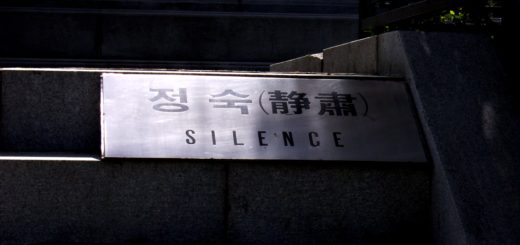Neil deGrasse Tyson “Destroys” Climate Denial!
A fabulous example of the circular reasoning of climate change “consensus” appears via leftist propaganda machine Yahoo News. The headline smugly declares that popular scientist Neil deGrasse Tyson “destroys climate change deniers’ favorite argument in 1 tweet.” Quite a claim, on multiple fronts! “Destroys.” “Favorite argument.” “1 tweet.” Imagine that: scientific debates resolved by sound bites. The condescension is mesmerizing!
Are you ready to experience the magic bullet of scientific argument? Hold onto your hats, because here it is:
Anyone who thinks scientists like agreeing with one another has never attended a scientific conference.
— Neil deGrasse Tyson (@neiltyson) September 10, 2017
So you see, implied in this brilliant tweet is that the “favorite argument” of climate change “deniers” is that the scientific consensus is grounded in some kind of conspiracy to agree.
False. The favorite argument of climate change deniers is that none of the predictions of the scientific consensus have been shown to have actually happened, and that many of them have manifestly been shown not to have happened.
Secondly, the idea that academics at a conference having an argumentative nature stands as proof of the truth of any supposed consensus among them is ridiculous. Most arguments of any kind begin from shared underlying premises, and are merely disputes about the details or applications. Everyone in the room might agree that man-made climate change is a fact without having even thought it through that carefully, but they might have thirty different pet theories about exactly how the mechanism of global warming works, or over whose computer model produces the sexiest fearmongering predictions. In other words, the most vigorous argument may well — and often will — occur in the midst of the most robust underlying consensus.
But why is there such an underlying consensus about climate change? To see the reason most clearly — though hardly for the first time — consider the related example of academic journals of climate science.
From the Yahoo News article:
A 2013 analysis of climate research found that that 97 percent of peer-reviewed papers that took a position on the issue endorsed the consensus view that human activity was causing climate change.
Yes, and what is peer review? It is the process whereby academics are approved as acceptable or unacceptable, based on the preferences and biases of the peer reviewers for any given journal — and often a relatively small number of academics will be on the boards of review for several journals.
Thus, if the reviewers systematically dismiss any paper that does not begin from the underlying premise that climate change is man-made and trending toward global calamity, no alternative views will appear in those journals.
And notice that the feisty, disagreeable nature of scientists that Tyson refers to as evidence of the validity of the consensus is not denied by this explanation of how an in-house consensus is created. On the contrary, this tendency to be contentious and to disagree actually causes the consensus. The journal reviewers’ disdain for alternative views is so great that they consistently reject such views out of hand, regarding them as poppycock and scientifically irrelevant. Thus, the very fact that scientists (like all academics) tend to disagree and stake out territory for themselves determines that any ideas regarded as not sharing the underlying assumptions of peer reviewers are likely to be rejected, and never appear in the journals.
The tiniest amount of common sense is needed to see how this internal mechanism of self-censoring within the academic world effectively creates consensus on two levels — first, as explained above, the explicit rejection of views deemed despicable by certain senior peer reviewers, who are the gatekeepers of the academy; and second, the psychology of “peer pressure,” if you will, which causes anyone with a non-consensus point of view to either give up after many failed attempts to be accepted into the community of scholars, or to outright avoid those contexts obviously hostile to alternative views in the first place.
More on Tyson’s magic tweet and the reasoning of “scientific consensus = indisputable truth” in the coming days. Stay tuned.



